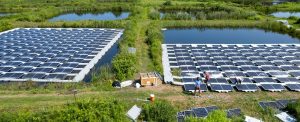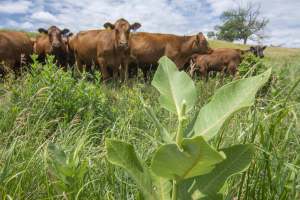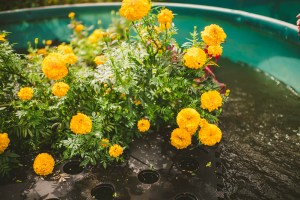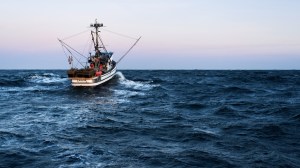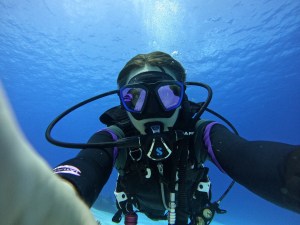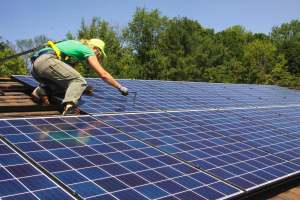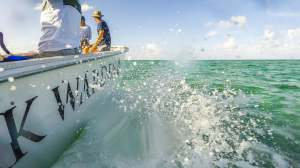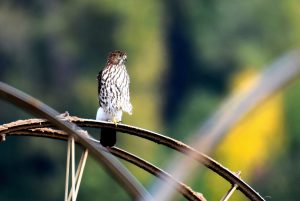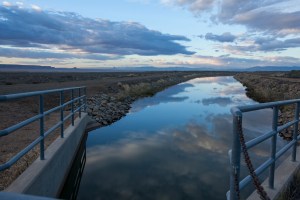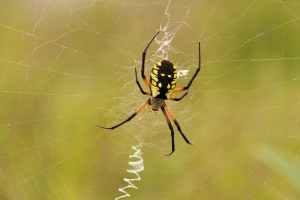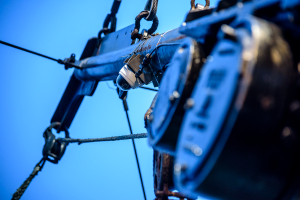Discover stories in Sustainability
Sun on the Water: How to Plan for a Renewable Energy Future That Floats
The expansion of floating photovoltaics could provide renewable energy while also sparing land. But there are still many unknowns.
One Size Does Not Fit All for Sustainable Livestock Production
Understanding economic, environmental, and social and cultural contexts is essential to achieving sustainable livestock production.
A Roadmap for Reducing the Climate Impacts of U.S. Beef
Adoption of selected actions, especially around grazing, could reduce greenhouse gas emissions from the U.S. beef industry by up to 30%.
Floral Arrangement: Can Floating Flower Mats Reduce Nutrient Pollution?
Floating flowers have the power to clean nutrient-loaded runoff in South Florida.
Fisheries Trusts Can Advance Sustainability and Resilience Goals
The first national review of community fisheries trusts in the U.S. shows they can achieve positive outcomes for fishing communities and marine ecosystems.
Studying Challenges to Cozumel’s Coral Reefs
National Geographic Society and TNC extern Sophie Dellinger examines the impacts of poor water quality on Cozumel's coral reefs.
Empowering Communities with Solar
The ongoing transformation of the U.S.’s energy systems creates a compelling opportunity to build the energy infrastructure of the future.
The Value of Words + Pictures
Think nature-based tourism is only tied to wildlife watching and hiking? New science says we need to think again—especially in the Eastern Caribbean.
Linking Birds, Farmer Attitudes and Conservation
A new paper examines how farmer attitudes towards birds affect on-farm conservation practices.
The Main Cause of Global Water Scarcity? It’s Us.
New research shows that by 2050, more than 70 percent of watersheds around the world will experience water scarcity driven primarily by human activity, not climate change.
Could Spider Silk Become a Natural Replacement for Plastic?
Ounce for ounce, a spider web is one of the strongest structures on earth. Could it change our world?
The (Fishery-Monitoring) Cameras Never Blink
We live in a time of unprecedented innovations to solve the Gordian Knot of sustainable fisheries: the lack of data.
